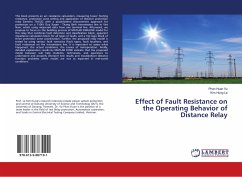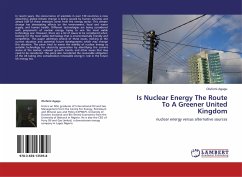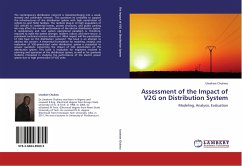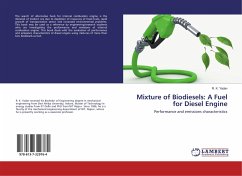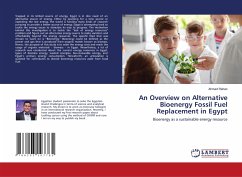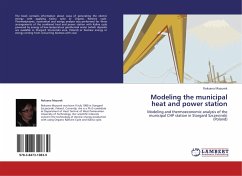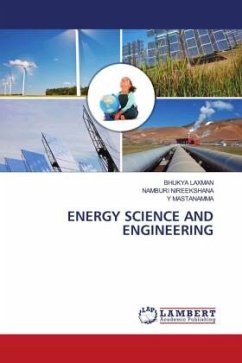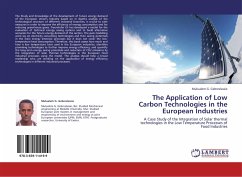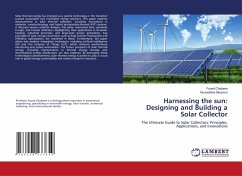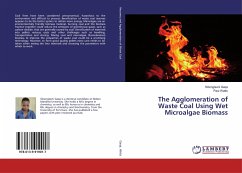
Sintering Behavior of the UO2-Gd2O3 Nuclear Fuel
Versandkostenfrei!
Versandfertig in 6-10 Tagen
28,99 €
inkl. MwSt.

PAYBACK Punkte
14 °P sammeln!
The UO2-Gd2O3 nuclear fuel finds application in modern PWR reactors for extending the burning cycle, and thus extending the interval for refueling the reactor core. Unfortunately, the UO2-Gd2O3 fuel shows an abnormal sintering behavior when compared to the sintering behavior of the standard UO2 fuel widely used in PWR and BWR reactors around the world. Above 1200 ºC, the sintering rate decreases and the densification is shifted to higher temperatures. As a consequence, the final sintered density is significantly lower than the traditional density achieved in sintering pure UO2 fuel. This book...
The UO2-Gd2O3 nuclear fuel finds application in modern PWR reactors for extending the burning cycle, and thus extending the interval for refueling the reactor core. Unfortunately, the UO2-Gd2O3 fuel shows an abnormal sintering behavior when compared to the sintering behavior of the standard UO2 fuel widely used in PWR and BWR reactors around the world. Above 1200 ºC, the sintering rate decreases and the densification is shifted to higher temperatures. As a consequence, the final sintered density is significantly lower than the traditional density achieved in sintering pure UO2 fuel. This book presents a brief review on the sintering behavior of the UO2-Gd2O3 nuclear fuel and the difficulties reported regarding the manufacturing of this mixed fuel, which are related to the insufficient densification during the sintering step. The most recent investigations are presented to explain this abnormal sintering behavior. Based on the knowledge of the sintering mechanism for this mixed fuel, alternatives are proposed to overcome the sintering difficulty.



